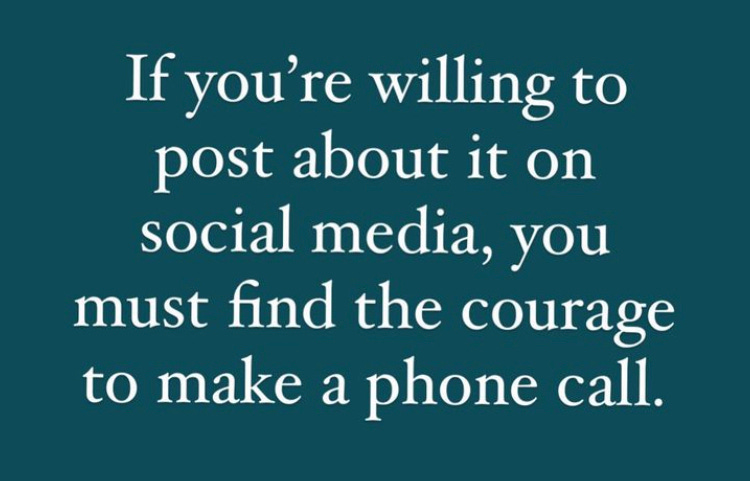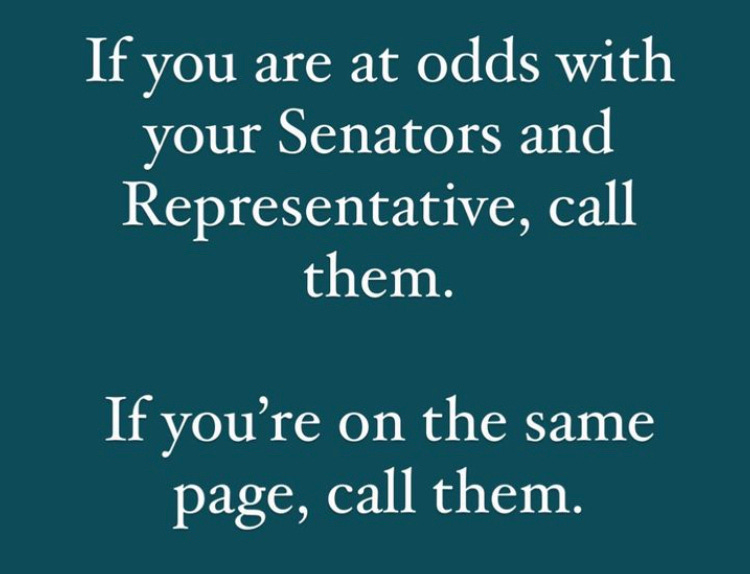Where we’ve been / where we’re going
If you’re joining us now, here are the previous posts:
Our hope is to stand FOR something on 4/4: to pray, talk, act, and give together next Tuesday.
We know this is only one step, limited and insufficient. But we want to mobilize our efforts to do more together to prevent more school shootings. 4/4 can be a beginning.
If we each take one step, imagine the groundswell we could start. We know the time to act is now. The next school shooting could be tomorrow.
So what are ways to act for change on local and national levels?
Suggestions on ways to start (and keep) acting
Research a part of this complex issue that particularly calls to you: mental health resources, school safety, or gun control. Let your values and interests lead you to the part of the work where you can invest your energy. Here are a few examples:
Learn more about the facts related to gun ownership from the Pew Research Center: a survey on America’s Complex Relationship With Guns. A relevant stat for our work here: about half of American adults (49%) say there would be fewer mass shootings if it were harder for people to obtain guns legally, while about as many (42%) say this would make no difference.
Learn more about the relationships between gun deaths, violence, and mental health from Mental Health America.
Dive into a resource designed to explore the complexities of the issues beyond the headlines. Find (and share with us!) a well-researched essay or documentary about the root causes of violence related to mass shootings. Read a book from a survivor’s perspective, like When Thoughts and Prayers Aren’t Enough by Taylor S. Schumann.
Learn about the position of your church around gun violence prevention measures and legislation. Here are examples from the Catholic Church, the United Methodist Church, and the Episcopal Church.
Attend a local prayer vigil for victims of violence. Many churches host virtual or in-person prayer services after tragedies like what happened this week in Nashville. Consider organizing a prayer service in your community if you can’t find one.
Contact your representatives
Lots of websites make it easy to find contact information for federal, state, and local representatives: USA.gov, Common Cause, or My Reps.
Here is a template for calling or writing to your elected representatives that you can adapt to fit how you think school shootings should best be addressed:
Introduce yourself as a constituent
State your concern
Give a personal statement
Offer what you see as a solution
Say what you want your representative to do
Close with your name and contact info
If you’d like to be specific at the federal level, consider asking your representative to cosponsor the bill to establish the Office of Gun Violence Prevention, H.R. 1699 in the House and S. 951 in the Senate.
Jessie Wagnon graciously shared the template of a letter she wrote to her representative (watch the Reel here on Instagram to hear it read aloud). Feel free to copy her letter from here and adapt with your perspective and purposes. Here is the graphic novel mentioned in the letter: If Anything Happens I Love You.
Here’s another example of a letter, shared by the United Methodist Church.
If you’re a praying person, it can help to say a quick prayer before you make the call. Here’s A Benediction for Calling Our Representatives by Cameron Bellm.
More suggestions from YOU on ways to act
Gather a group of local friends (and friends of friends! aim for 30) to create a calendar for each of you to contact your legislators one day of each month. You could assign randomly or choose a date you’re more likely to remember (your birthdate, your child’s birthdate, your favorite number). This spreads out your impact AND makes your involvement more sustainable.
Save your legislators’ phone numbers in your phone. Make a recurring reminder each month to call. Once you have your script and you do it 1-2 times, it’ll become an easy habit—but also a way to build a relationship with their staffers AND keep this issue on your representatives’ radar!
Advice from someone who worked on Capitol Hill as a lobbyist:
“Our efforts around these issues need to be local. Most things happen (legislatively) through the states, not the federal government! Start working together with local people in your district. Identify who is most persuasive to this legislator. (They’re usually taking these positions because this is where their community is.) Find out who are the local leaders and business owners who have influence on this representative. Contact them as well as your legislators, and let them know you are concerned about this issue for your community. The work of relationship-building will take longer to affect change, but it is much more likely to bring real change.”
What would you add to our list of ways to ACT? Tomorrow we’ll share ways to GIVE.
Images from Sharon McMahon (@sharonsaysso) on Instagram.
This post contains affiliate links.






Our prayers are with you on this matter